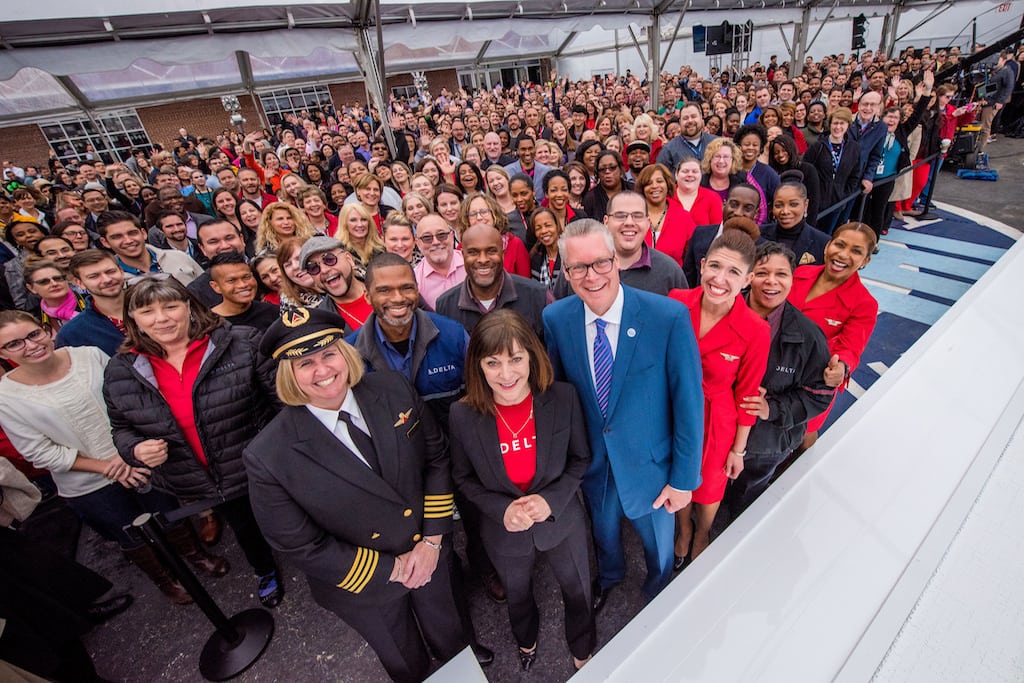Delta's Basic Economy Push Is Paying Off

Skift Take
Delta Air Lines is making bank on basic economy fares and other divisions like cargo and loyalty while costs are slowly rising. The airline remains in good position to continue growth despite some trouble in the first quarter.
Delta Air Lines has been chugging along over the last year, steadily growing revenue while experimenting with basic economy fares. The first quarter of 2018 was no different, with the airline beating estimates despite increased costs.
The airline posted record revenue of $9.76 billion marking 8 percent growth year-over-year. But income was hurt by higher than anticipated fuel prices and the cost of increased capacity. Those and other costs, particularly those incurred from the gnarly winter storms across the U.S. this winter, caused the airline t
